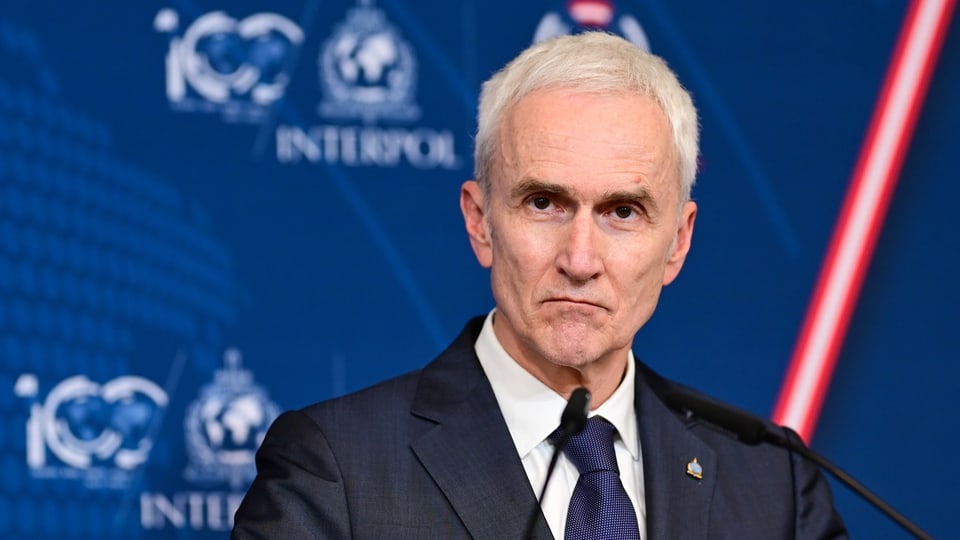Contents
Interpol is essential for tracking criminals across national borders. But autocrats have long been abusing the world police authority to track down opponents of the regime.
Criminals don’t stick to national borders. That is why police forces also have to operate across borders. Interpol takes care of that.
The problem: The world police authority’s tools, including huge databases, search calls, people tracking or technical know-how, are not used exclusively to pursue criminals. Authoritarian regimes also use them against their opponents.
Interpol’s constitution clearly states that we must strictly stay away from things that have a predominantly political, military or religious component.
This blatantly contradicts Interpol’s constitution, its head Jürgen Stock recently recalled at a media conference: “The Interpol constitution says very clearly that we have to strictly stay out of things that primarily have a political, military or religious component.” Some of the 196 member states are fighting over this. Dictators use Interpol to use “Red Notices” to search for dissidents around the world.
Under Secretary General Jürgen Stock, Interpol has created procedures so that search requests from individual states are not simply waved through and spread globally: “We don’t just put a stamp on a request and spread it globally. I have a team of over forty people who check every request to ensure that it complies with our rules.”
Instrumentalization of search calls
In 2022, a good 300 of 24,000 requests for a “Red Notice” were screened out. The headquarters in Lyon do not say who is contacting Interpol in an abusive manner. What is known, however, is that Russia often does this, but so do other countries: China, Venezuela, Bahrain, Belarus, Qatar, Egypt, India and Turkey. The instrumentalization of search calls to track down dissidents has become more difficult. But the triage system is not perfect, Stock admitted on the US broadcaster CBS.

Legend:
In order to prevent abuses, Interpol boss Jürgen Stock has introduced control mechanisms. But dictatorial regimes are finding new ways to use Interpol to persecute dissidents.
Keystone / EPA, CHRISTIAN BRUNA
In addition, as extensive research by the New York Times has now revealed, authoritarian rulers are now using other instruments: for example, they are demanding that Interpol distribute “Blue Notices”, which call for the collection of information about political opponents. Or “Green Notices”, i.e. warnings about criminal activities. They describe dissidents as missing people in order to search for them.
Or, as Belarus and Turkey recently did, they report passports of politically unpopular people to the Interpol database as stolen or forged. This puts those affected on the radar of police and border guards worldwide. In contrast to the “Red Notices”, Interpol’s controls regarding improper use are much more lax here.
Who follows Stock?
Jürgen Stock’s term at the head of Interpol is coming to an end. He pushed forward the fight against abuse. His possible successors are also committed to this – in principle. How serious they are about this is unclear. The British candidate Stephen Kavanagh is expected to pay attention to the problem.
The Brazilian co-favorite for the top job, Valdecy Urquiza, is primarily seeking votes from third world and emerging countries: “After a series of US and European bosses, Interpol needs someone from another part of the world.” A number of governments there will probably be happy if the world police authority checks their demands less strictly in the future.
